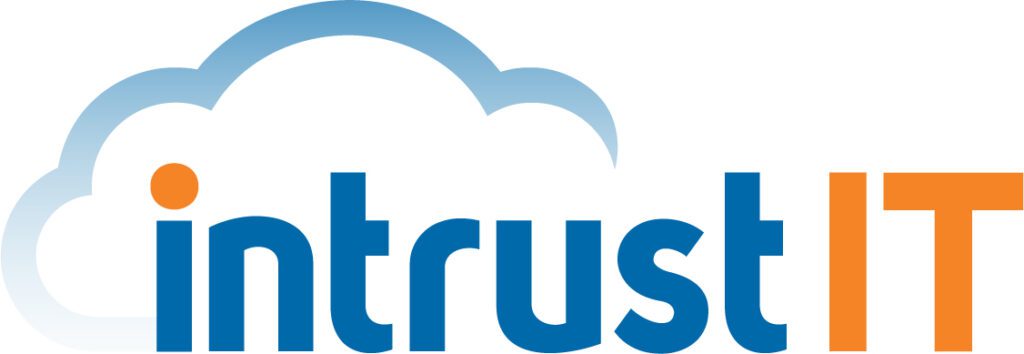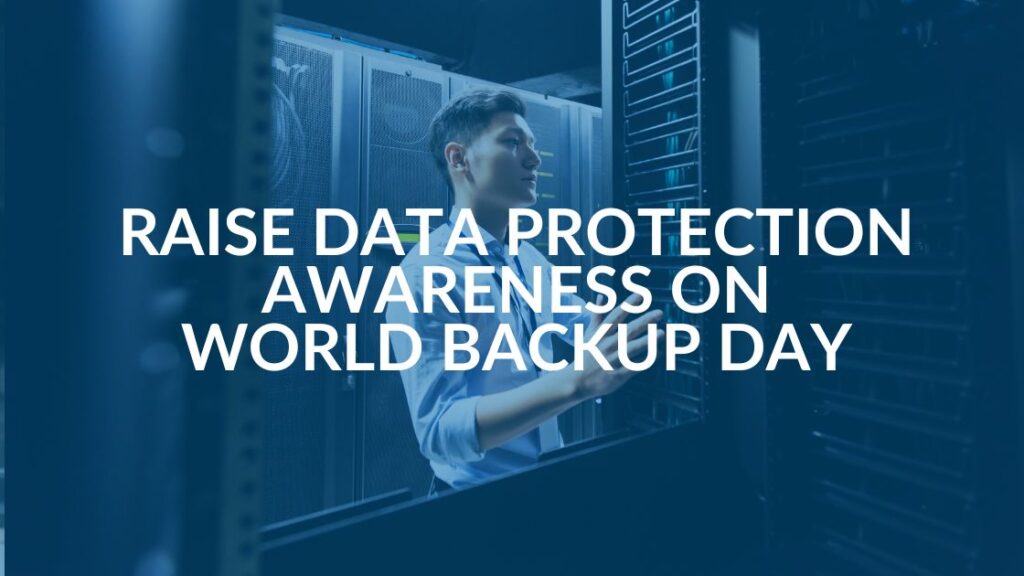Watch for COVID-19 Scams

Adding to the list of “Things We Do Not Need Right Now,” various U.S. Government agencies including the Federal Trade Commission (FTC) the Federal Communication Commission (FCC), the Federal Bureau of Investigation (FBI) and the Secret Service have all advised people to beware of coronavirus and COVID-19 scams.
Email and Online COVID-19 Scams
Now, as always, do not respond to or click on links in any email about money or personal information. Don’t open attachments in emails. Be suspicious if you receive any offers of government aid, virus vaccines or treatments. There are no current vaccines or approved over-the-counter treatments.
With local retailers closing temporarily or running out of stock, it’s tempting to shop online. The FTC urges caution when purchasing items online. Buy from established sellers and double check refund and return policies.
Watch for emails, texts, social media posts or voicemails that appear to be from the Centers for Disease Control (CDC) or other government agencies. Don’t click on any unsolicited links and don’t open any unsolicited file attachments. Take a Zero Trust approach and verify out-of-band, which means open new browser and go directly to a website, or lookup a phone number on your own and all. Remember, if you are looking for the most up-to-date information on the pandemic, visit the CDC’s site directly.
Be wary of donating to charitable causes advertised through social media. Sadly, some of these may be scams. During and because of this crisis, many charities and nonprofits are going to need donations. You can give with confidence by contacting those organizations directly through their websites, by phone or old-fashioned mail. You can also check the Better Business Bureau (BBB) Wise Giving Alliance.
Although the IRS has extended the deadline for filing income taxes as a result of the pandemic, March and April continue to prime time for tax related scams. You can read up on our advice for avoiding those, as well, on our recent post, “Tax Security Tips.”
Phone Scams
Watch out for scam calls alerting you to cures, relief money from the government or work-from-home opportunities. If you can pre-screen robo-calls, do not answer them. If the call is important, the caller will leave a message for you. If you do answer and are told to press a key for more information, don’t do it. Just hang up.
Work at Home Securely
As you stay away from the office and other people, there are steps you can take to keep your computer free from viruses, too. Follow your employer’s remote work policies if they are established. Some simple rules of thumb include using only your work-issued computer and accessing files through cloud-based tools like Office 365 One Drive.
We’re all in this together and Intrust is happy to help Cincinnati companies with questions about remote work systems or cyber security. Stay safe and healthy everyone!
Share this Blog
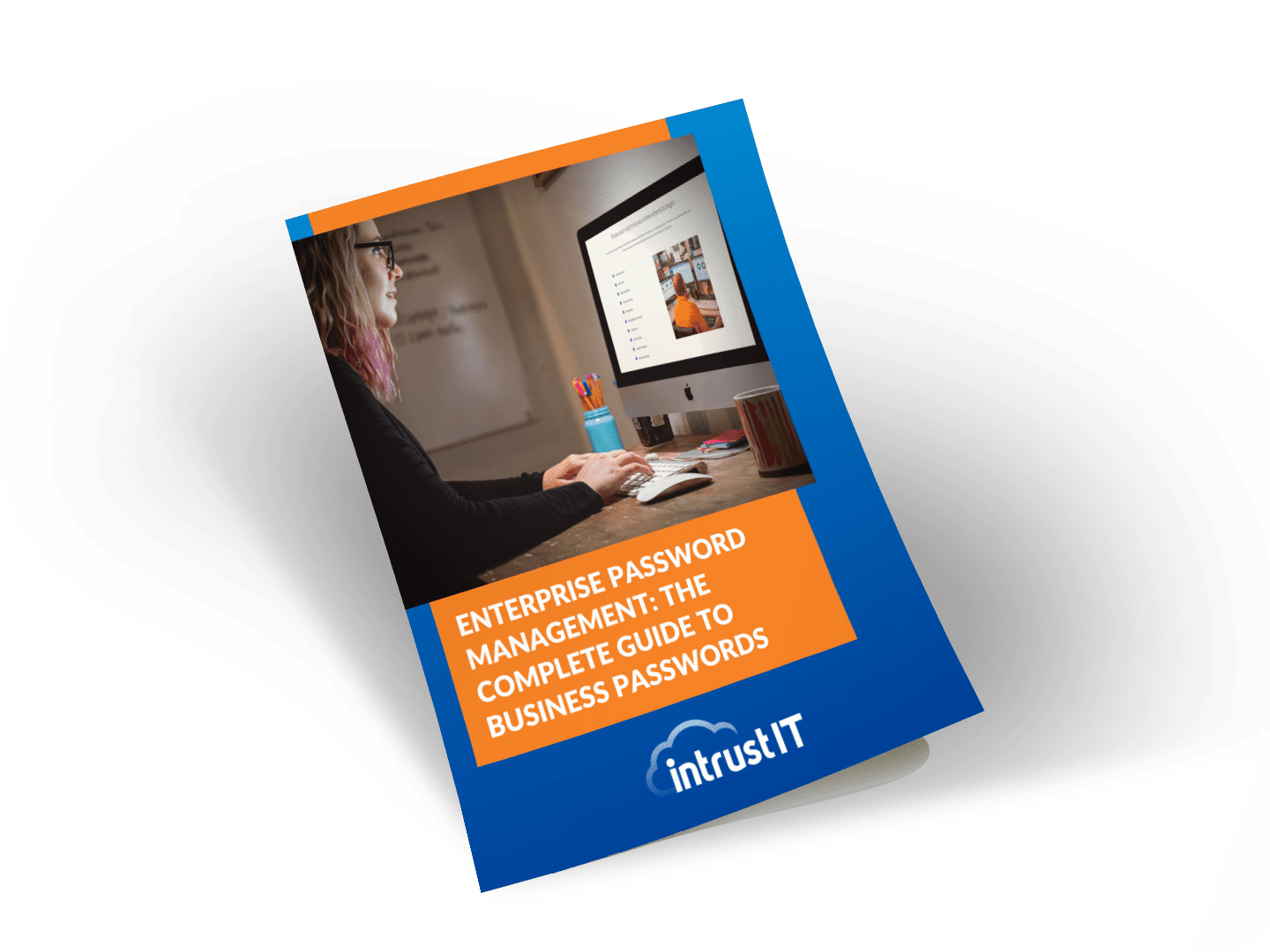
Is Your Name or Birthday a Part of Your Password?
If so, you’re a part of the 59 percent of people who don’t follow proper password hygiene. More than 70 percent of passwords are used for more than one system, meaning if cybercriminals crack one, they can access a lot more accounts.
Our free Enterprise Password Management Guide will give you the best password hygiene practices to help you secure your computer and your business.
Download the Guide
Explore the Latest Trends in IT
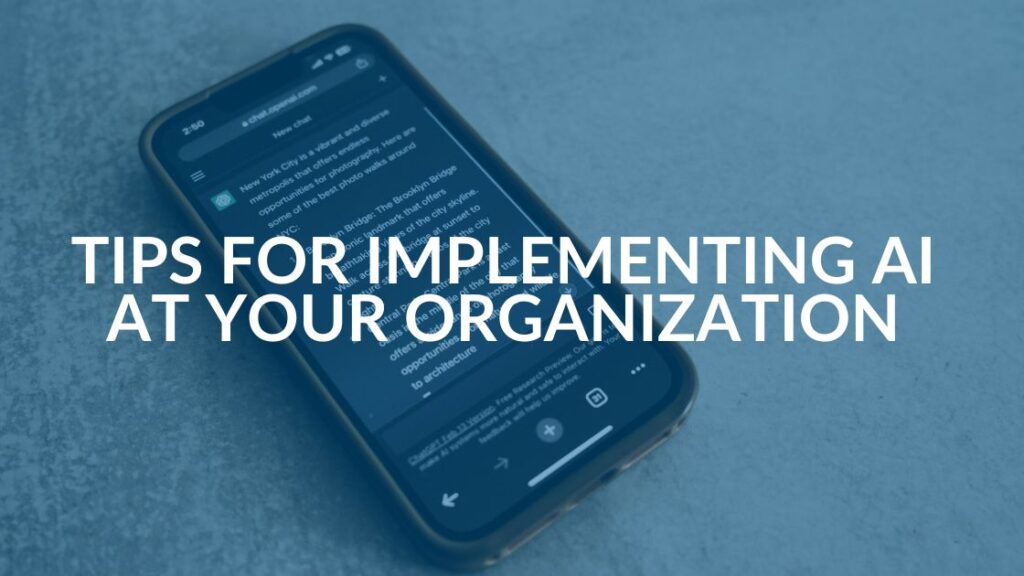
AI Guiding Principles

Edge vs Chrome Security: Which Is the Best Browser for Your Business?
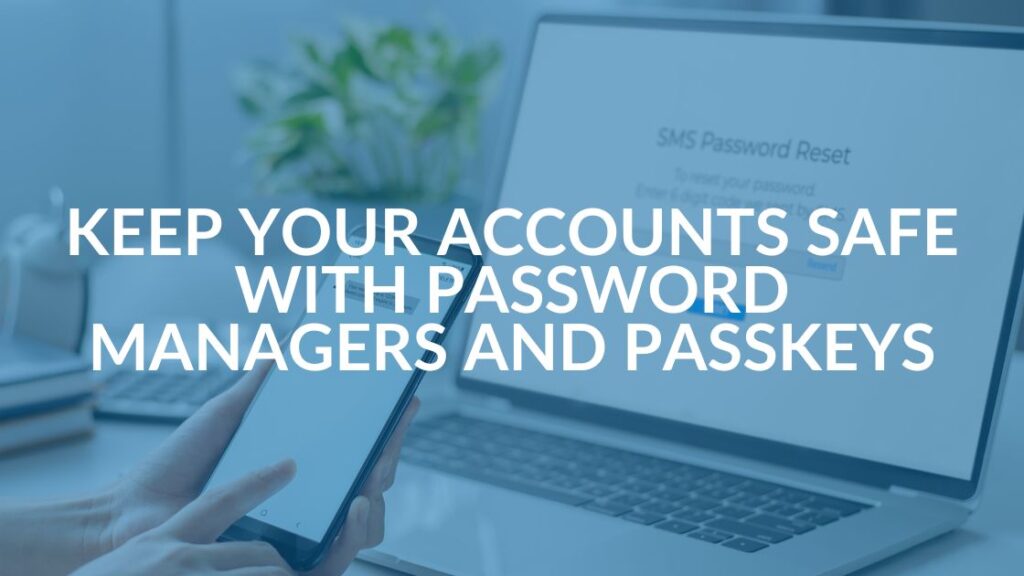
Unlocking Security: The Power of Password Managers and Passkeys for Business Professionals
